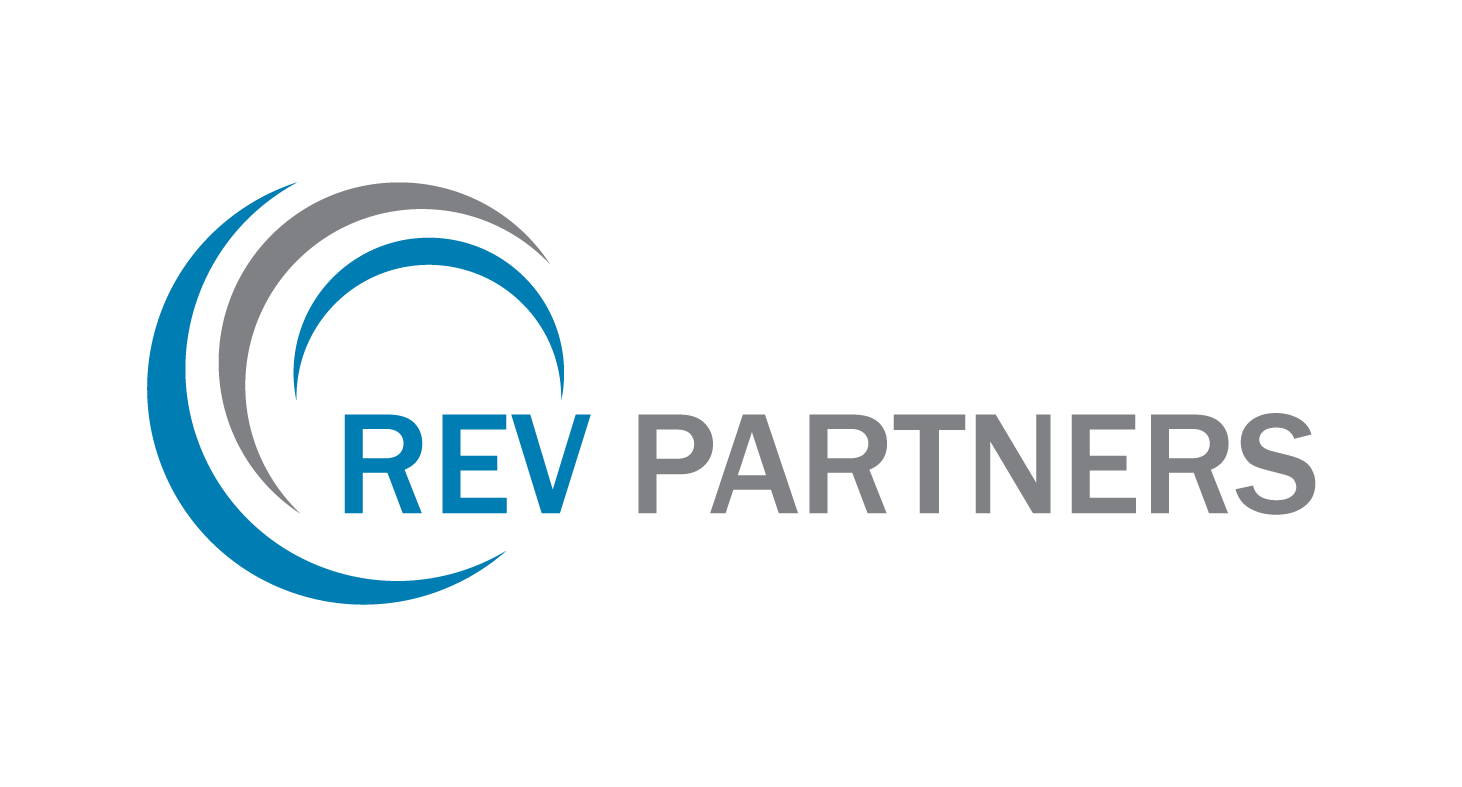Optimize Sales Force Effectiveness
Effective selling is crucial for any successful business, but sales force effectiveness often decreases over time. This can result from bad habits, misaligned incentives, inadequate coaching, or a focus on products rather than customer needs. Consequently, companies may experience slower growth or even lose money on high-touch customer accounts. By reassessing the sales process and pulling the right levers, managers can boost & optimize sales force effectiveness and productivity, increasing the business’s revenue and profits by 10 to 15 percent.
Identifying Areas for Improvement
Every company’s approach to enhancing sales force effectiveness will differ, with some focusing on short-term refreshes and others aiming for long-term transformations. Diagnosing all aspects of selling and support to target areas with the most significant upside potential is key to success.
Diagnosing all aspects of selling and support to target areas with the most significant upside potential is key to success.

Key Components of Selling
Improvement opportunities lie within the five main components of selling: targeting, deploying, executing, engaging, and enabling. Companies can opt for a broad-based transformation or focus on subsets of levers over time. An initial analysis and diagnostic can help identify areas with the greatest improvement potential.
Targeting High-Value Opportunities
Sales teams should define clear strategies and goals, understand the market, and prioritize customer accounts. To avoid getting overwhelmed by data, it’s essential to identify the highest-value opportunities and prioritize accordingly.
Resource Deployment for Maximum Payback
As businesses grow more complex, deciding where to deploy resources becomes increasingly challenging. A systematic, data-driven review of salespeople deployment can reveal critical gaps and significant improvement opportunities, potentially boosting revenue by 20 percent.
Maximizing Face Time with Key Customers
Increasing face time with customers is vital for sales rep productivity. Companies should focus on thorough account planning, streamlined sales processes, and minimizing tasks that detract from customer engagement. These efforts can lead to a revenue impact of 5 to 10 percent or even 15 percent in some cases.
Enhancing Customer Interactions
Improving lead generation and vetting, along with conducting upfront research and planning, can help sales reps get more out of customer interactions. Understanding interaction frequency and quality can yield important insights, potentially increasing revenues by 5 percent.
Balancing Sales Support and Cost
Evaluating sales coaching, management, software tools, training programs, incentives, and compensation packages can help companies find the right balance between sales support and cost. The ideal solution and bottom-line impact will vary based on the company’s starting point, industry, and competitive position.
Optimize Sales Force Effectiveness for Rapid Growth
Align Sales Strategies with Market Dynamics
Industrial companies face unique market dynamics, such as fluctuating demand, evolving technologies, and changing regulations. To succeed, sales teams must align their strategies with these dynamics and continuously adapt their approach to capitalize on emerging opportunities.
Develop a Deep Understanding of Customer Needs
Industrial sales often involve complex, customized solutions tailored to specific customer requirements. Sales teams must develop a deep understanding of their clients’ needs, pain points, and desired outcomes to effectively position their products and services as the ideal solution.
Foster Long-term Customer Relationships
Building strong, long-term relationships with customers is essential for industrial companies. Sales teams should focus on providing exceptional customer service, maintaining regular communication, and consistently delivering value to nurture these relationships and encourage customer loyalty.
Optimize Sales Territory Design and Resource Allocation
To maximize sales force effectiveness, industrial companies must strategically design sales territories and allocate resources to ensure optimal coverage and minimize inefficiencies. This includes evaluating factors such as market potential, geographic distribution, and account segmentation.
Invest in Sales Force Training and Development
Given the technical nature of industrial products and services, continuous training and development are crucial for sales teams. Industrial companies should invest in comprehensive training programs that cover product knowledge, industry trends, and sales techniques to ensure their sales force remains knowledgeable and competitive.
Leverage Advanced Data Analytics and Technology
Data analytics and advanced technologies play a critical role in sales force effectiveness for industrial companies. By leveraging data-driven insights, sales teams can identify high-potential opportunities, optimize pricing strategies, and enhance customer targeting. Additionally, adopting cutting-edge technologies such as CRM systems, sales enablement tools, and automation can help streamline processes and boost overall productivity.
——————————————————————————————————————————-
ABOUT REV PARTNERS
REV Partners. Business Transformation Experts. Digital Transformation Experts. We are a Management Consulting & Advisory firm. We help Fortune 500 & Private Equity clients address the most pressing issues related to Transformation, Strategy, Operations, Organization and Digital. We can also provide experienced experts as Interim “Chief Transformation Officer” or equivalent, to accelerate, lead and execute ambitious Business Transformation or Digital Transformation programs. If you or your organization need support, please contact us, follow us on Twitter, or Email us at: meet@revpartners.com.
© REV Partners. All Rights Reserved

